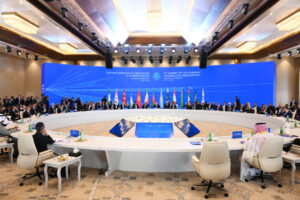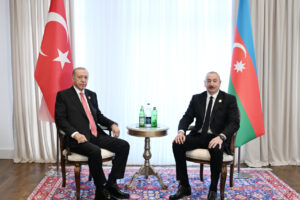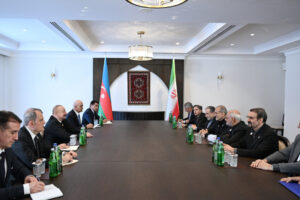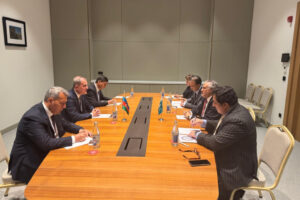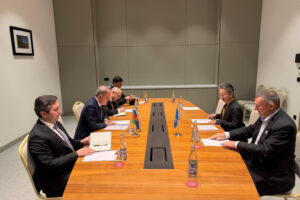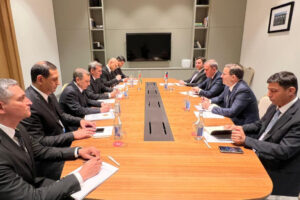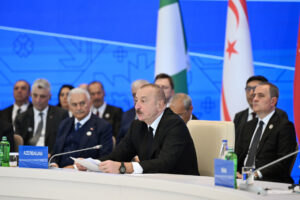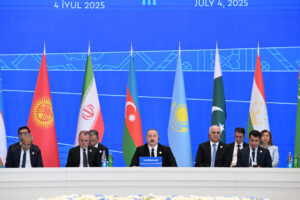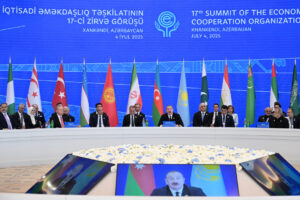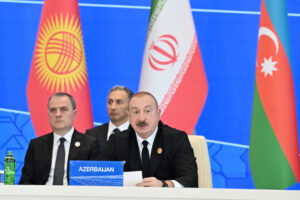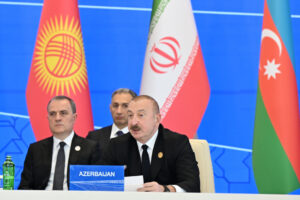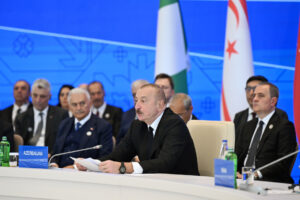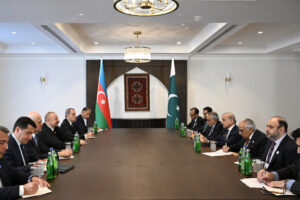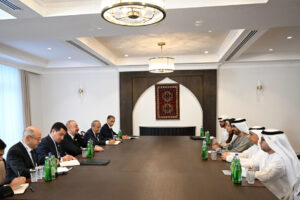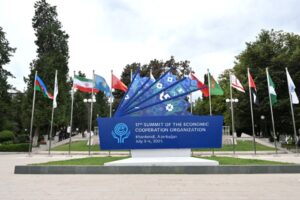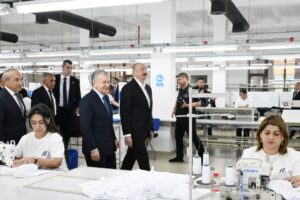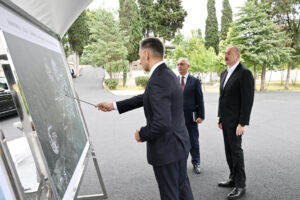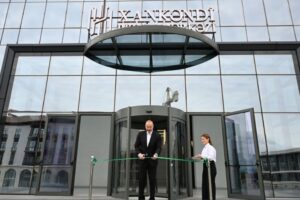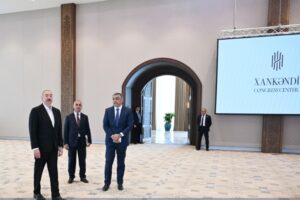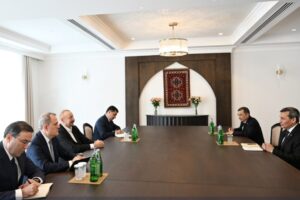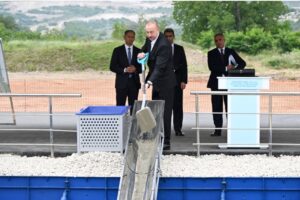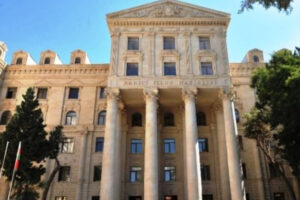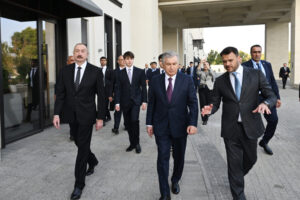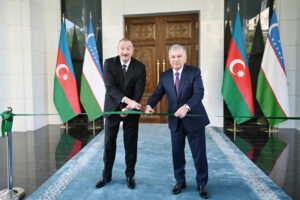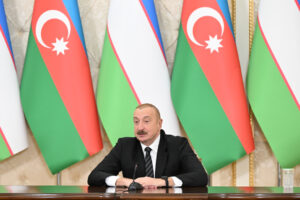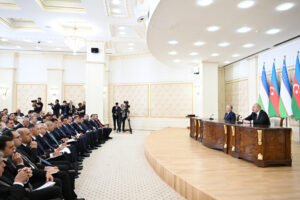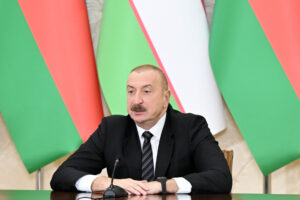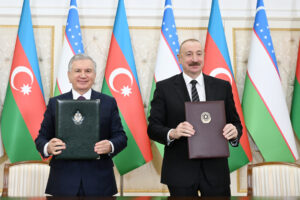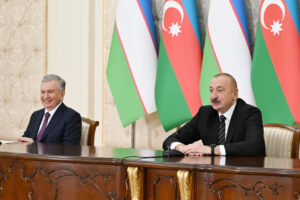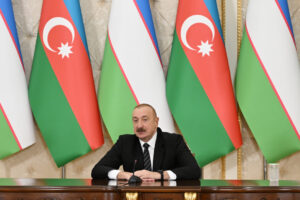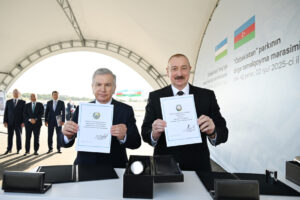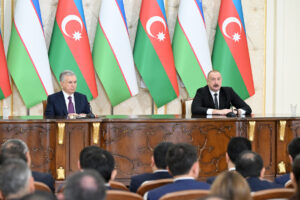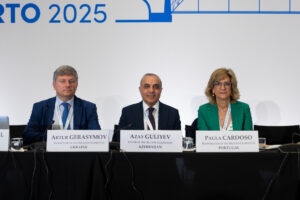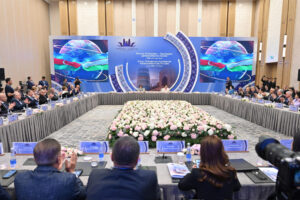Tokyo, 16 April, /<a href=”https://en.ajmedia.jp/”>AJMEDIA</a>/
The Group of Seven foreign ministers gathered on Sunday for a three-day meeting to discuss the challenges posed by Russia’s war in Ukraine and the growing influence of China, after arriving in the resort town of Karuizawa in central Japan on a bullet train.
The town, also known as a popular summer retreat, was on high alert, with police officers strolling around the meeting venue that will host representatives from Britain, Canada, France, Germany, Italy, Japan and the United States, plus the European Union.
Earlier on Sunday, Japanese Prime Minister Fumio Kishida vowed to ensure the series of G-7 meetings running through May will be conducted safely after he was the apparent target of an attack involving an explosive device during a visit to western Japan on Saturday to campaign for elections.
During the discussions ahead of the group’s summit next month, the G-7 will also seek closer alignment with developing countries in the Global South, many of which have remained neutral on the conflict in Ukraine.
The meeting, to be chaired by Japanese Foreign Minister Yoshimasa Hayashi, is expected to wrap up with the release of an outcome document. Other agenda items include nuclear disarmament, food security and climate change.
“As Russia’s aggression against Ukraine has been shaking the foundation of the international order, the world is now at a historical inflection point,” Hayashi told a news conference in Tokyo on Friday, adding he hopes the meeting will “showcase the G-7’s strong will” to uphold the global order based on international law.
Hayashi and his G-7 counterparts took the one-hour shinkansen train ride from Tokyo to Karuizawa in Nagano Prefecture.
While the G-7 members have been moving in lockstep to pressure Russia since the war began in February last year, French President Emmanuel Macron recently faced a backlash when he called for European “strategic autonomy” on the issue of Taiwan, a source of tension between Washington and Beijing.
Macron’s remarks cautioning against being drawn into a Taiwan crisis, which were published on April 9 by French and other media following his trip to China, came amid growing concern over China’s pressure on the island. Beijing views Taiwan as a renegade province to be united with the mainland, by force if necessary.
During the G-7 foreign ministerial meeting, Japan is expected to reiterate its position that any attempts to alter the status quo by force are unacceptable, whether in relation to Ukraine or Taiwan.
Tensions over the self-ruled democratic island have also been fueled by a meeting between Taiwanese President Tsai Ing-wen and U.S. House of Representatives Speaker Kevin McCarthy in California earlier this month, with China responding by carrying out military drills.
The G-7 has become more vocal on Taiwan over the past few years, underscoring the importance of “peace and stability” across the Taiwan Strait in statements released at its summits and foreign ministerial talks.
At the Karuizawa meeting, discussions to advance nuclear disarmament will also take place as momentum recedes in the wake of Russia’s nuclear threats amid the Ukraine war and North Korea’s continuing development of nuclear weapons and ballistic missiles.
The meeting is expected to lay the groundwork for the G-7 summit from May 19 to 21 in Hiroshima, where Kishida hopes to pitch his signature vision of a world without nuclear weapons.
Kishida represents a constituency in the western Japan city that was destroyed by a U.S. atomic bombing in the final days of World War II.
Hayashi is also planning to hold bilateral meetings on the fringes of the G-7 foreign ministerial discussions, including with U.S. Secretary of State Antony Blinken, some of which may take place in Tokyo after the ministers leave Karuizawa, according to government sources.


